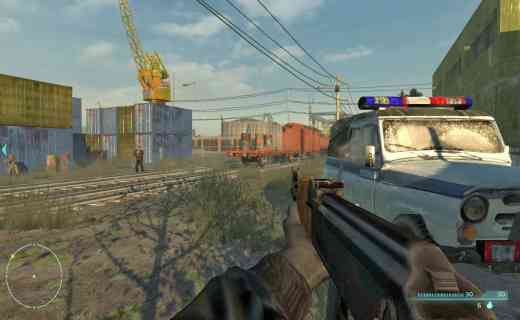
Wiki clone (or “Wiki engine”): a software, written in a specific programming language, that runs a wiki Using microformats authors gain immediate benefits-such as fancy CSS-based layouts-not necessarily related to the machine understandability of the (now) annotated content. Microformats are empowering users of simplified content management systems, such as blog engines, to add semantic annotations exploiting capabilities readily present in the legacy languages, e.g. The second trend is that of microformats and, more generally, of the “lowercase semantic web”. The first trend is that of semantic wikis which are bringing semantic annotation capabilities to authors, yet requiring no more knowledge than that needed to contribute to Wikipedia. To back our initial claim, we observe that two yet to be mentioned recent trends are diminishing the distance between authors and Semantic Web technologies interestingly enough they are doing so in two key environments of Web 2.0: wikis and blogs. More importantly, they still fail to address the authorship problem, as they are usually not interested in closing the gap between authors and Semantic Web technologies.

But such advancements are far from bringing Semantic Web to the masses as all of them are relegated to scientific or corporate niches. Recent trends seem to be showing a way out: semantically rich data sets coming from governments and research projects are being published a handful of start up companies have started businesses exploiting Semantic Web technologies in particular domains even the standardization tracks of Semantic Web-related languages have shown an acceleration in the past 2 to 3 years. Authors, the key figures which made Web 2.0 a success, are kept out of the Semantic Web loop as they do not have the capabilities to master the needed technologies (RDF, OWL, SPARQL, to mention just a few) this is a key difference with the simplicity authors are used to with wiki and blog engines. Things are made worst by the “height” of the Semantic Web technology stack: there are too many technologies to master for adding semantic annotations to personal home pages or blog posts.

Users are not encouraged to provide semantically rich content since added value services for such kind of content are missing companies are not seeing the potential market since there are no users. The reasons for this acceptance delay are, by comparison with the history of Web 2.0, mostly to be found in a chicken and egg scenario. In spite of Web 2.0 turning into a reality in just a couple of years, the Semantic Web envisaged by Tim Berners-Lee since the late nineties 1 is, in the eyes of many web users, still a blurry, non implemented concept.

Socially the advent of social networking sites has enabled millions of users to find each other and chime in via affinities in interests Įconomically a new business model-based on exploiting user-provided content and using added value services in convincing them to provide more (the more the content, the better the service)-has closed the circle attracting big companies in the game. Technically collaboration has been made easier by a new approach at web application development (AJAX) which has leveraged the potentialities of web applications and improved user experiences, still requiring only a web browser to participate On the Web 2.0 side, even if specifications of its precise nature are still lacking, it is settled that Web 2.0 has changed many aspects of the plain old Web, and has done so pivoting around the concept of collaboration : We base our foresight on the observation that Web 2.0 and the Semantic Web are converging to a common point in their initially split evolution lines. We postulate that a large slice of Web 3.0 will be about the synergies between Web 2.0 and the Semantic Web, synergies that only very recently have begun to be discovered and exploited. Web 3.0 can turn out to be many things, it is hard to state what will be the most relevant while still debating on what Web 2.0 has been.


 0 kommentar(er)
0 kommentar(er)
